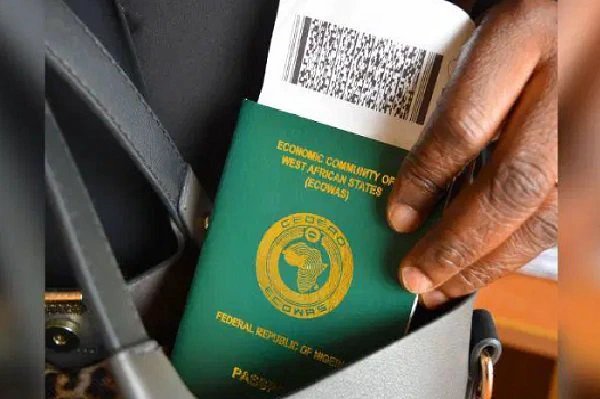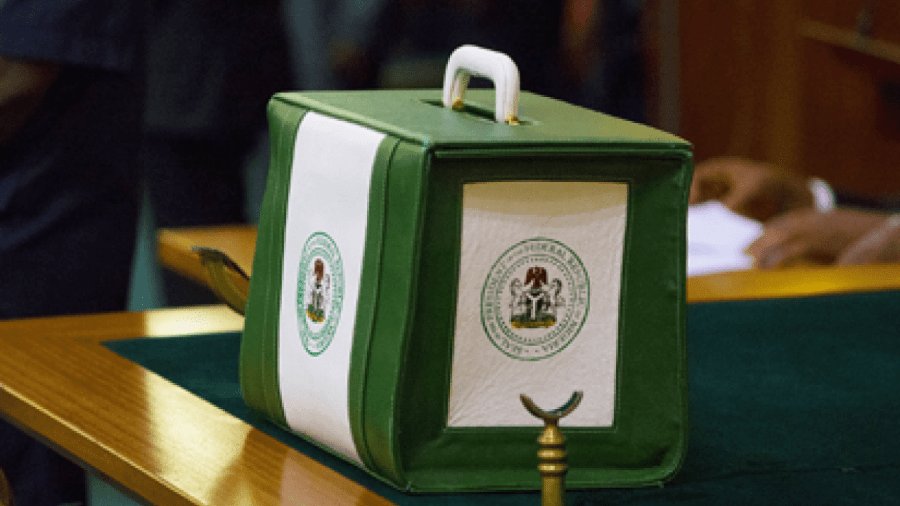Reports
Coup Threat: Nigerians Blast Military Officials, Say It’s Suicidal
Additionally regional organizations like the African Union and the Economic Community of West African States have in recent years taken very hard-line approaches to military coups.
For instance during the 2012 coup in Burkina Faso, the African Union condemned the coup in the strongest possible terms.
It immediately suspended the country from participating in any of its activities and threatened to impose drastic sanctions within 96 hours if the overthrown civilian government was not re-instated.
The Economic Community of West African States (ECOWAS) took an even tougher stance as it called on the coup plotters to disarm immediately and return power back to the transitional government that it supplanted.
ECOWAS took the same tough stance against coup leaders Dadis Camara in Guinea in December 2008 and Moussa Sanogo of Mali in March 2012.
Four, another strong disincentive to coup making is the advent of citizen journalism and the rise of a new generation of Africans, the ‘social media warriors’, who can battle would-be-dictators from any corner of the cyberspace.
The netizens can in a matter of minutes create blogs that will make life a nightmare to such adventurists. Social media warriors live in the winds and are unreachable by the dictators’ instruments of state terror and coercion.
Five, the doctrine of non-interference in the internal affairs of sovereign nations under which several African countries hid to oppress their citizens, has evolved.
In fact, since the 1990s, there has been a normative shift away from the traditional understanding of state sovereignty to an acceptance of sovereignty as responsibility.
This is the underlying premise of the Responsibility to Protect (R2P) doctrine, a commitment which was endorsed by all the member states of the United Nations in 2005 to prevent genocide, war crimes, ethnic cleansing and crimes against humanity.
Part of the arguments of R2P is that in a globalized world, where what affects one country often has repercussion on several others, the doctrine of ‘non-interference’ should have the doctrines of ‘non-indifference’ and R2P as its checks.
This means that the international community is unlikely to look the other way when avenues for peaceful social change are blocked in any country.
Military coup will be seen as another way of blocking an opportunity to find a negotiated solution to the current political tension, and will under R2P, legitimate foreign intervention.
Based on the above, I am not convinced that a military coup has any chance of succeeding, if attempted.
Rather what I feel is a more potent threat in Africa today is not military coups but constitutional coups, essentially attempts by those elected into offices to manipulate their countries’ constitutions to stay beyond their term limits.
For instance since the early 1990s, at least 24 presidents in sub-Saharan Africa initiated moves to achieve ‘tenure elongation’.
The encouraging fact however is that while several African leaders have plotted constitutional coups to ‘elongate’ their tenures, in countries like Benin, Cape Verde, Ghana, Kenya, Mali, Mozambique, Sao Tome and Principe and Tanzania leaders respected themselves and the country’s constitution and stepped down honourably after exhausting their two-term limits.
In some countries, leaders who lost elections, conceded defeat and accepted their fates. Ends.
Another of our contributors, Mr. Olalekan Waheed Adigun, a political analyst and an independent political strategist, in this piece titled “Political Suicide and Desperations in Obvious Quarters“, placed it succinctly thus:
They have killed him several times, yet he refused to die. They have told us he would never win, yet he won. They said that, by this time in his presidency, all Nigerians would have become Muslims.
To actualize their claims, they cloned websites, including those of reputable media stations, just to prove to us that he was dead or as the lousiest among them said, “a walking corpse”.
Since none of this will work, they resorted taking us back a familiar path, a military coup!
Some days after President Buhari proceeded on medical follow-up, some of our noisy neighbours came up with their usual display of ignorance once more.
In compliance with section 145 (1) of the 1999 Constitution (as amended) the President transmitted a notice, required by the clause, to the National Assembly indicating he had handed over the governance of the country to the Vice President, Professor Yemi Osinbajo.
Since it was clear they won’t read, they resorted to infantile criticism to a letter that cited portions of the Constitution.
After these detractors failed abysmally this time again to convince us of their intelligence, they needed something to divert public attention. They probably considered several options and settled for a coup d’état!
When I got the news that some unnamed junior military officers were planning a coup in the absence of the President, I knew there was no smoke without fire. They never denied it.
For Diaspora Digital Media Updates click on Whatsapp, or Telegram. For eyewitness accounts/ reports/ articles, write to: citizenreports@diasporadigitalmedia.com. Follow us on X (Fomerly Twitter) or Facebook












